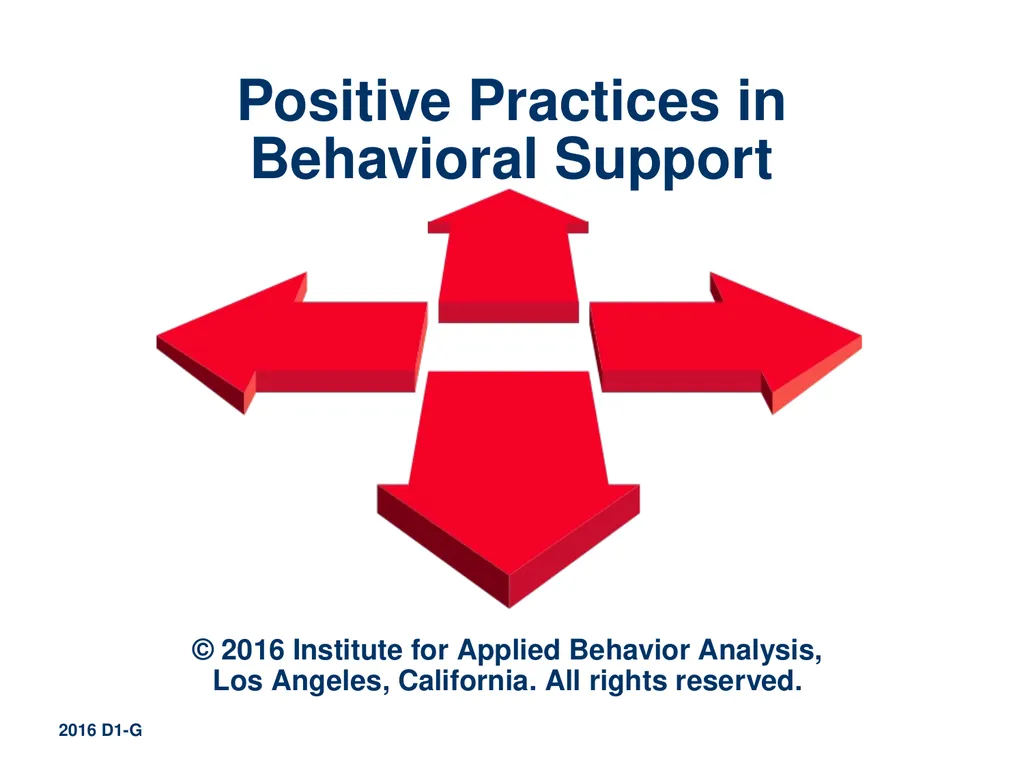
Author : pamella-moone | Published Date : 2025-08-06
Description: 2016 Institute for Applied Behavior Analysis, Los Angeles, California. All rights reserved. Positive Practices in Behavioral Support 1 2016 D1-G 2016 IABA 3222022 2016 IABA Basic Principles Presented by: Institute for AppliedDownload Presentation The PPT/PDF document "" is the property of its rightful owner. Permission is granted to download and print the materials on this website for personal, non-commercial use only, and to display it on your personal computer provided you do not modify the materials and that you retain all copyright notices contained in the materials. By downloading content from our website, you accept the terms of this agreement.
Here is the link to download the presentation.
"© 2016 Institute for Applied Behavior Analysis,"The content belongs to its owner. You may download and print it for personal use, without modification, and keep all copyright notices. By downloading, you agree to these terms.













